Iran says parties to JCPOA protested US breach of nuclear deal during Vienna meeting
A senior Iranian diplomat says the parties to the 2015 Iran nuclear deal have protested the US breach of its commitments under the agreement during a meeting of a commission tasked with monitoring commitments to the accord.
“All members of the P5+1 [group] explicitly protested to the US and stressed that it should fully and precisely implement its commitments,” Abbas Araqchi, a deputy foreign minister, told reporters in the Austrian city of Vienna on Wednesday after a new meeting of the Iran-P5+1 Joint Commission, which monitors the implementation of the nuclear deal.
Araqchi, who heads the Iranian task force overseeing the implementation of the agreement officially called the Joint Comprehensive Plan of Action (JCPOA), said it was not routine for one party to carry out its commitments while the other parties decided to implement just certain parts of the deal.
The Iranian deputy foreign minister for legal and international affairs said that Helga Schmid, the European Union’s deputy political director, praised Iran’s commitment to the JCPOA and called on all other parties to fully implement the agreement with goodwill and in an atmosphere of constructive cooperation.
Araqchi stressed that there remained no possibility to renegotiate the JCPOA or link other issues to the deal.
He also said that the US was completely isolated with respect to the Iran nuclear deal.
“What is important now is that the US is totally isolated with regards to its stance vis-à-vis the JCPOA, ... [while] the Europeans' position is clearly against that of the US,” he said, adding that European companies and banks had expressed willingness for cooperation with Iran.
The regular JCPOA Joint Commission meeting is held every three months to discuss latest developments regarding the JCPOA implantation.
Russia also said at the end of the meeting that the parties discussed in detail the implementation of the agreement and reaffirmed their commitment to its “consistent implementation.”
"The Joint Commission welcomed Iran’s strict compliance with its obligations under the agreement, which is regularly confirmed by the International Atomic Energy Agency,” said Russian Foreign Ministry spokeswoman Maria Zakharova (seen below).

The Russian official noted that during the meeting, particular attention was paid to problems related to US President Donald Trump’s decision not to certify Iran’s compliance with the JCPOA.
"The Joint Commission members have confirmed unanimously that the JCPOA is based on the fundamental principle of reciprocity, which, in particular, is aimed at promoting the normalization of international trade and economic cooperation with Tehran. Russia’s representatives stressed that neglect of this principle by one of the parties to the agreement puts the agreement’s future into jeopardy," she noted.
Iran and the five permanent members of the United Nations Security Council – the United States, France, Britain, Russia and China – plus Germany signed the nuclear agreement on July 14, 2015 and started implementing it on January 16, 2016.
Under the JCPOA, Iran undertook to put limitations on its nuclear program in exchange for the removal of nuclear-related sanctions imposed against Tehran.
Trump delivered an anti-Iran speech on October 13, in which he said he would not be certifying Iran’s compliance with the terms of the JCPOA under a domestic American law, kicking a decision to Congress on whether to restore sanctions against the Islamic Republic.
The US Congress was given until December 12 to decide whether to slap economic sanctions on Tehran anew, but it missed the deadline as congressional leaders announced no plans to introduce a resolution to reimpose sanctions on Iran, passing the ball back to Trump, who must decide in mid-January if he wants to continue to waive sanctions on Iran.
Read more:
UNRWA warns of humanitarian collapse in Gaza
'Hello my enemies': Lebanese journalist on Israeli threats and his resolve to continue
Outrage in France as MP proposes bill to ban criticism of Israel
VIDEO | The strategy of Hezbollah in war
Israeli military withdraws several brigades from southern Lebanon: Report
48-year-old Palestinian man serving 48 life terms completes 22 years in Israeli jails
From MKO to Tondar, how Germany became safe haven for anti-Iran terror groups
Hamas open to any proposal aiming to end Gaza war: Hamdan


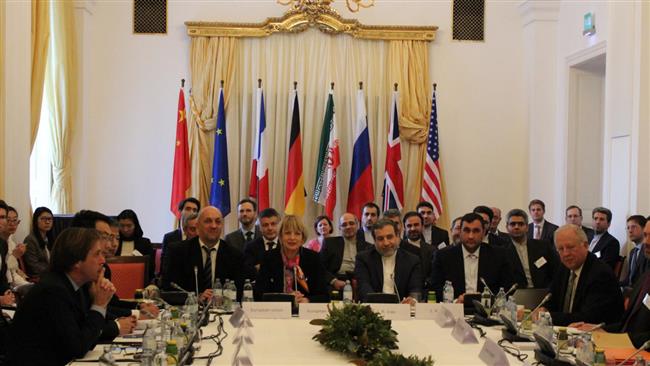
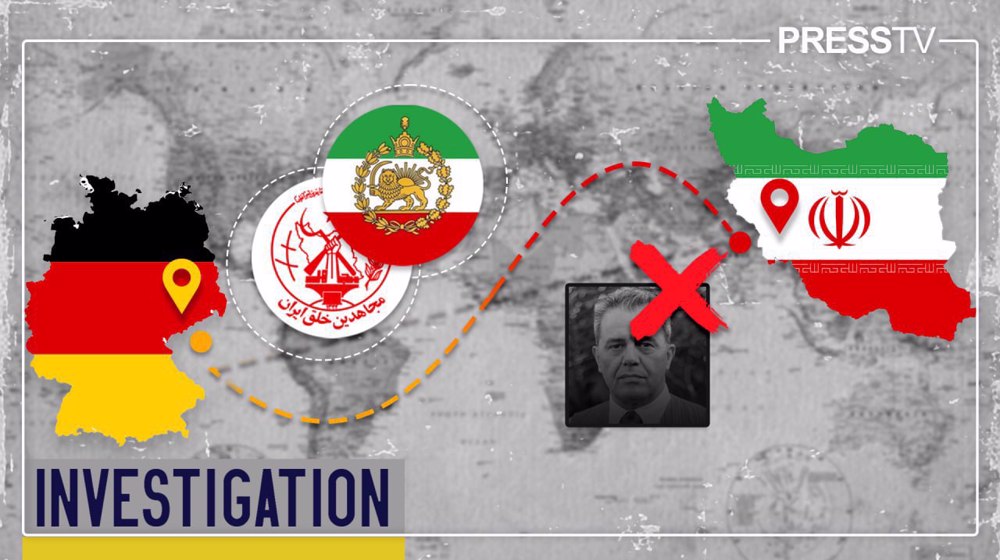
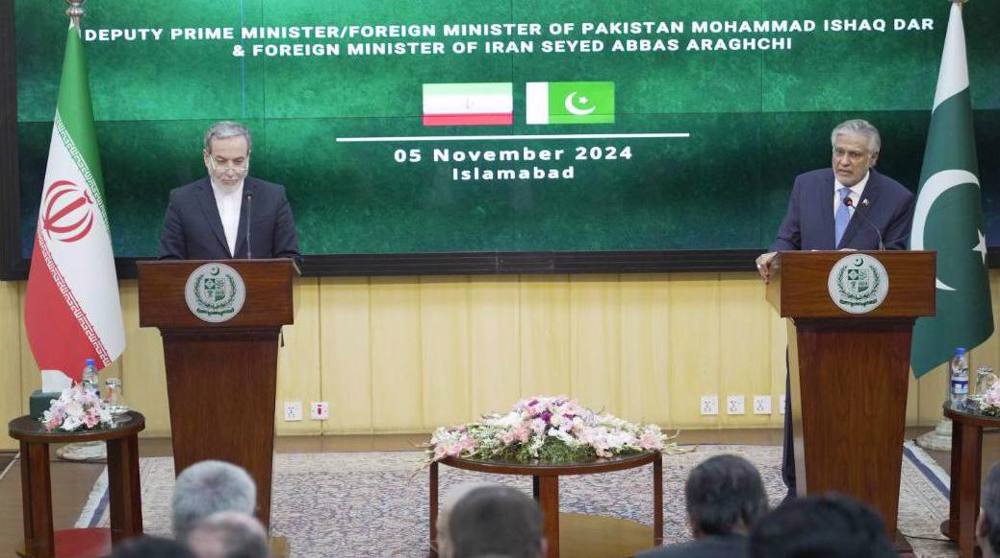
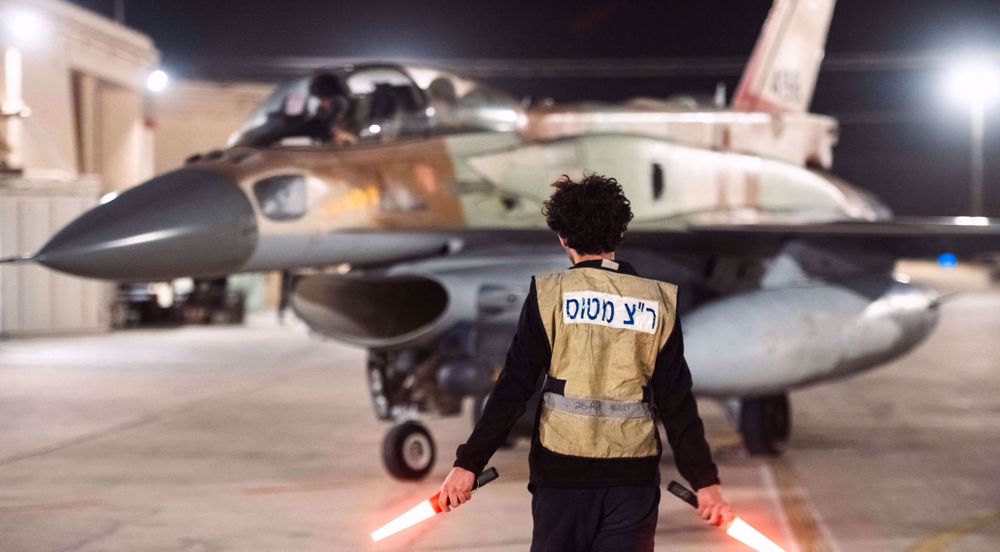



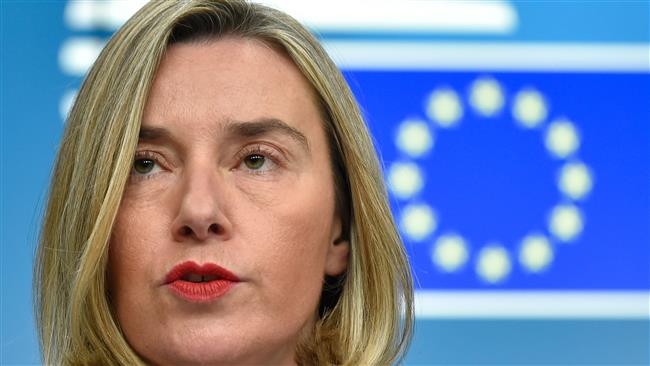
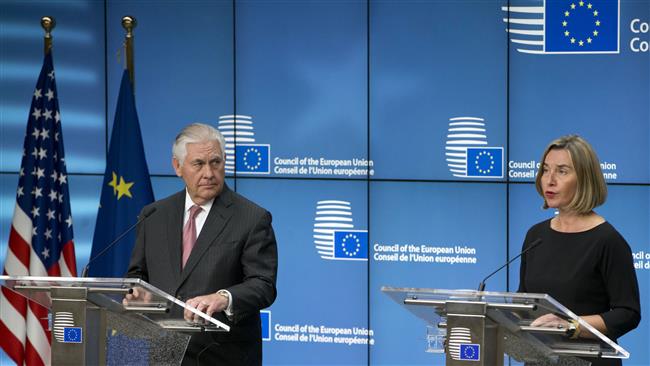
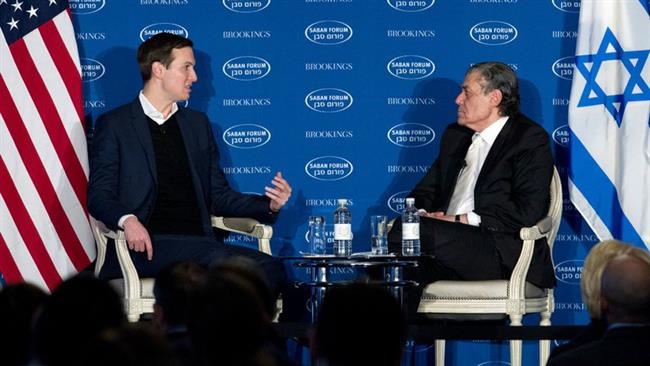
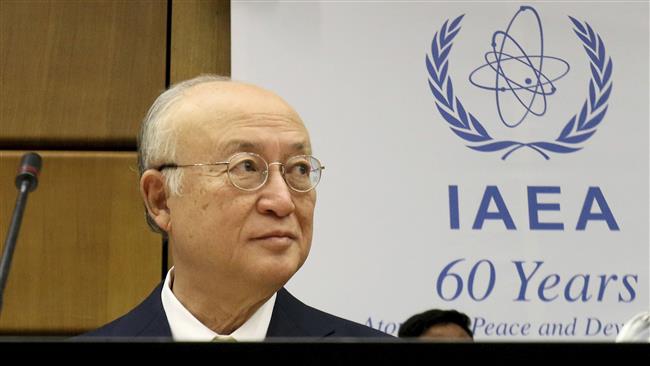

 This makes it easy to access the Press TV website
This makes it easy to access the Press TV website